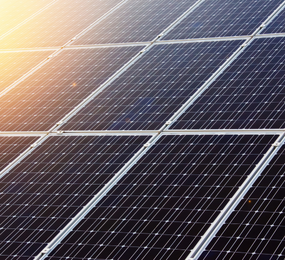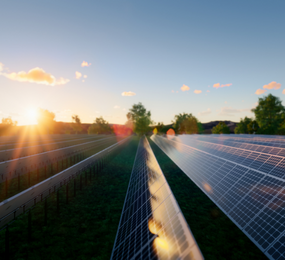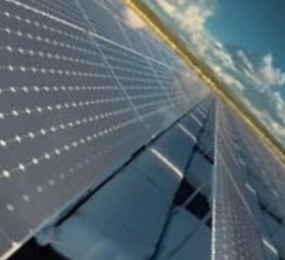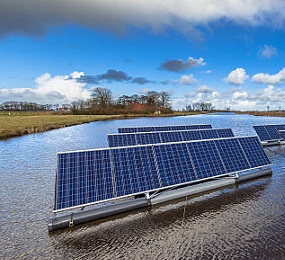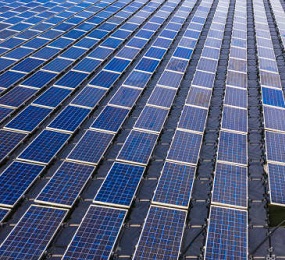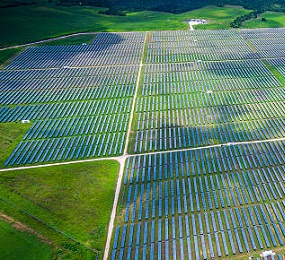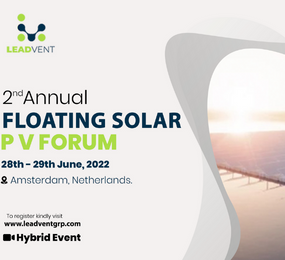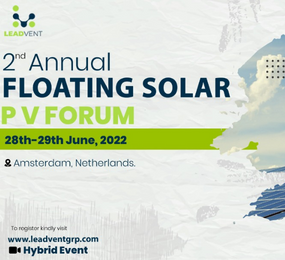As the demand for renewable energy solutions grows, the performance of floating solar installations in extreme weather conditions becomes a critical consideration. These installations, designed to harness the power of the sun while floating on water bodies, demonstrate remarkable resilience in the face of diverse weather challenges.
Engineering for Resilience:
Floating solar platforms undergo rigorous engineering to withstand a range of extreme weather conditions, from intense sunlight and heat to heavy rain, storms, and even freezing temperatures. These platforms are typically designed with robust materials that resist corrosion and degradation, ensuring longevity in harsh environments.
Storm Resilience:
Floating solar installations are engineered to cope with storms and high winds. The anchoring and mooring systems are designed to provide stability, and the modular nature of the platforms allows for flexibility and adaptability during severe weather events. Some installations even have the capability to temporarily submerge panels during storms, reducing wind resistance and protecting the system.
Heat and Cooling Strategies:
In hot climates, the cooling effect of the water beneath the solar panels is harnessed to enhance overall efficiency. This natural cooling mechanism not only improves energy production but also helps in mitigating the impact of extreme heat on the equipment.
Cold Weather Considerations:
In regions prone to freezing temperatures, floating solar platforms are designed with materials that can withstand ice formation. The buoyant structures are engineered to accommodate the expansion and contraction associated with freezing and thawing, ensuring structural integrity over time.
Monitoring and Adaptive Technology:
Real-time monitoring and adaptive technology play a crucial role in ensuring the continuous performance of floating solar in extreme weather. Automated systems can adjust the tilt and orientation of the panels, optimize energy production, and even temporarily shut down in anticipation of severe weather conditions.
In conclusion, the evaluation of floating solar performance in extreme weather conditions underscores the adaptability and resilience of this innovative technology. As the world faces more frequent and intense weather events, the ability of floating solar installations to weather the storm positions them as a reliable and sustainable contributor to the global renewable energy landscape.
To register or learn more about the Forum please check here: https://bit.ly/46Vw6nm
For more information and group participation, contact us: [email protected]


